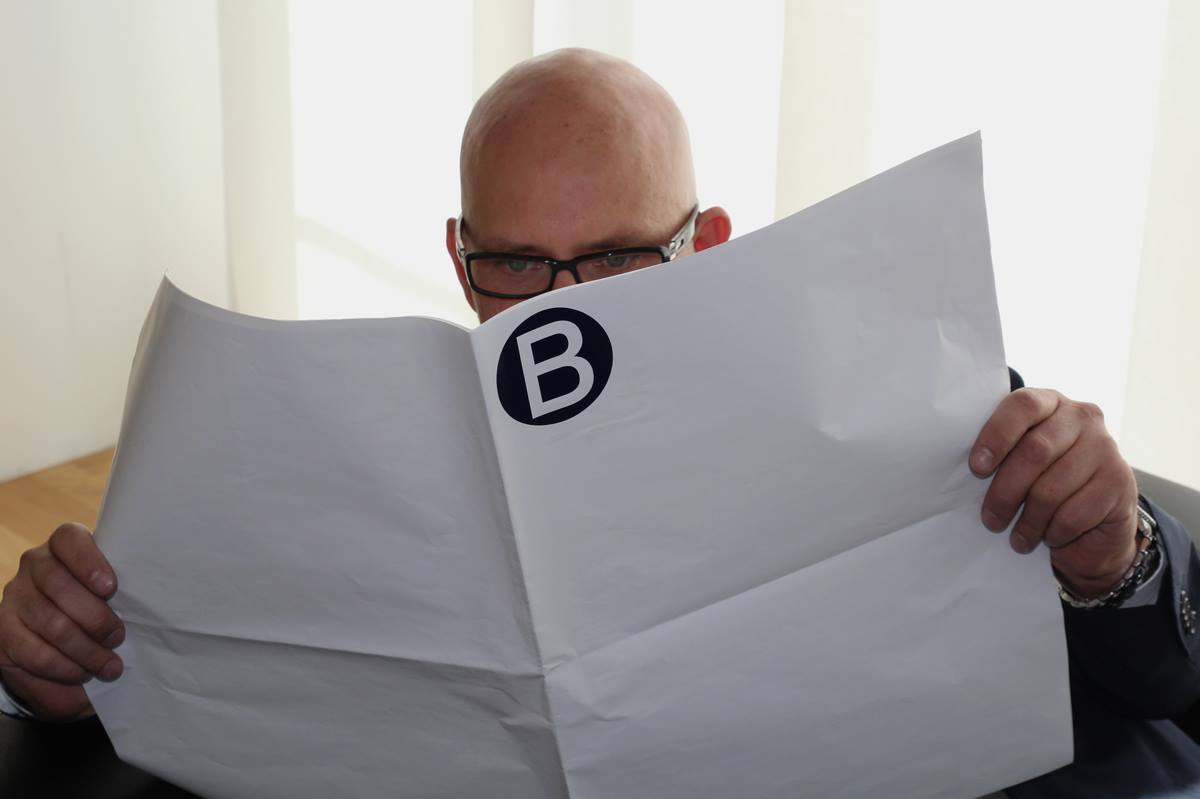Moment! Sie verstehen nicht ganz, worum es geht? Es gibt verschiedene Ansätze, um Auskunft zu bitten — aber Vorsicht! Manches könnte der Muttersprachler auch falsch verstehen… BANKINGCLUB und Business Spotlight zeigen Ihnen Fragen, mit denen Sie weiterkommen.
You want someone to repeat a whole sentence:
I’m sorry?
Excuse me?
Pardon?
Sorry — what did you say?
Sorry — what was that again?
I’m afraid I didn’t quite catch that.
I didn’t quite understand that last sentence.
You want someone to repeat a word:
Sorry — what did you give Mr. Schneider?
Sorry — what did you say you wanted me to send you?
You want someone to speak more loudly:
I’m sorry, could you speak up a bit? I’m having trouble hearing you.
I’m sorry, there’s quite a bit of background noise. What were you saying?
You want someone to speak more slowly:
I’m sorry, could you speak a little more slowly, please? My English is not that good.
I’m sorry, could I ask you to slow down a bit? I’m having trouble understanding.
You want someone to go on speaking after an interruption:
Sorry — what were you saying before we were interrupted?
So, where were we?
You are not sure what someone is talking about:
What is it you wanted to talk to me about?
Sorry — I’m afraid I’m not quite sure what this is about.
Sorry — is this still about the meeting?
You want someone to repeat a logical argument:
I’m afraid I don’t quite follow you.
I’m afraid I still don’t quite getyour point.
You want someone to be more concrete:
You mentioned "growth". What exactly do you have in mind?
Can you give me an example of what you mean?
What kind of changes were you thinking about?
Can you be more specific?
By "increase", what do you mean exactly?
Someone has mentioned a term or a name you don’t know:
I’m afraid I don’t know what "actionable" means.
What exactly does "perjury" mean?
I don’t think I know the term "balance sheet".
What was that word you used before? Was it "apprentice-ship?"
I’m afraid that I’m not familiar with the name Dr Kevorkian.
ASKING FOR INFORMATION
What/Where/Who/When/Which…?
What time is it?
Where’s that new report?
This is the simplest type of question. It is used in informal conversations with colleagues whom you work with regularly. In other situations, this type of question may be considered impolite.
Could/Can you tell me…?
Could you tell me where the toilet (US: restroom) is?
This type of question can be used when asking for general information in public places. For example, you might say to an airport employee, "Excuse me — can you tell me…?"
I was wondering…
I was wondering if you could tell me where the meeting is taking place.
This is a standard opening at the start of relatively impersonal encounters. It often comes in response to "May I help you?". In that situation, one would say, "Yes — I was wondering…"
Do you know…?
Do you know (by any chance) when the meeting is expected to end?
This type of question is often used when you have been talking about the subject of your question (here, the meeting) already. If you add "by any chance", you are showing that you do not necessarily expect your colleague to know the answer.
Any idea…?
Any idea where Kyle is?
This informal question (short for "Have you got any idea…") is used in the same way as "Do you know…" and is reserved for colleagues and friends.
Do you happen to know…?
Do you happen to know where Mr Lewis is?
This is a variation on" Do you know…". Most often, it is used when asking something that has nothing to do with what was said before. You might introduce the question by saying, "By the way…"
CAREFUL!
Some phrases are best avoided in this context:
Would you mind telling me where you’ve been?
"Would you mind" is neutral in "Would you mind shutting the door?". But used with the verbs "tell" and "say", the phrase is sarcastic. The sentence above would be typical of a parent speaking to a naughty child.
Would you be so kind as to tell me where he is?
"Would you be so kind…" is a very formal and old fashioned beginning. In most contexts today, it signals sarcasm. The sentence above might be used to signal that the question is being asked for the second time.
© Business Spotlight




